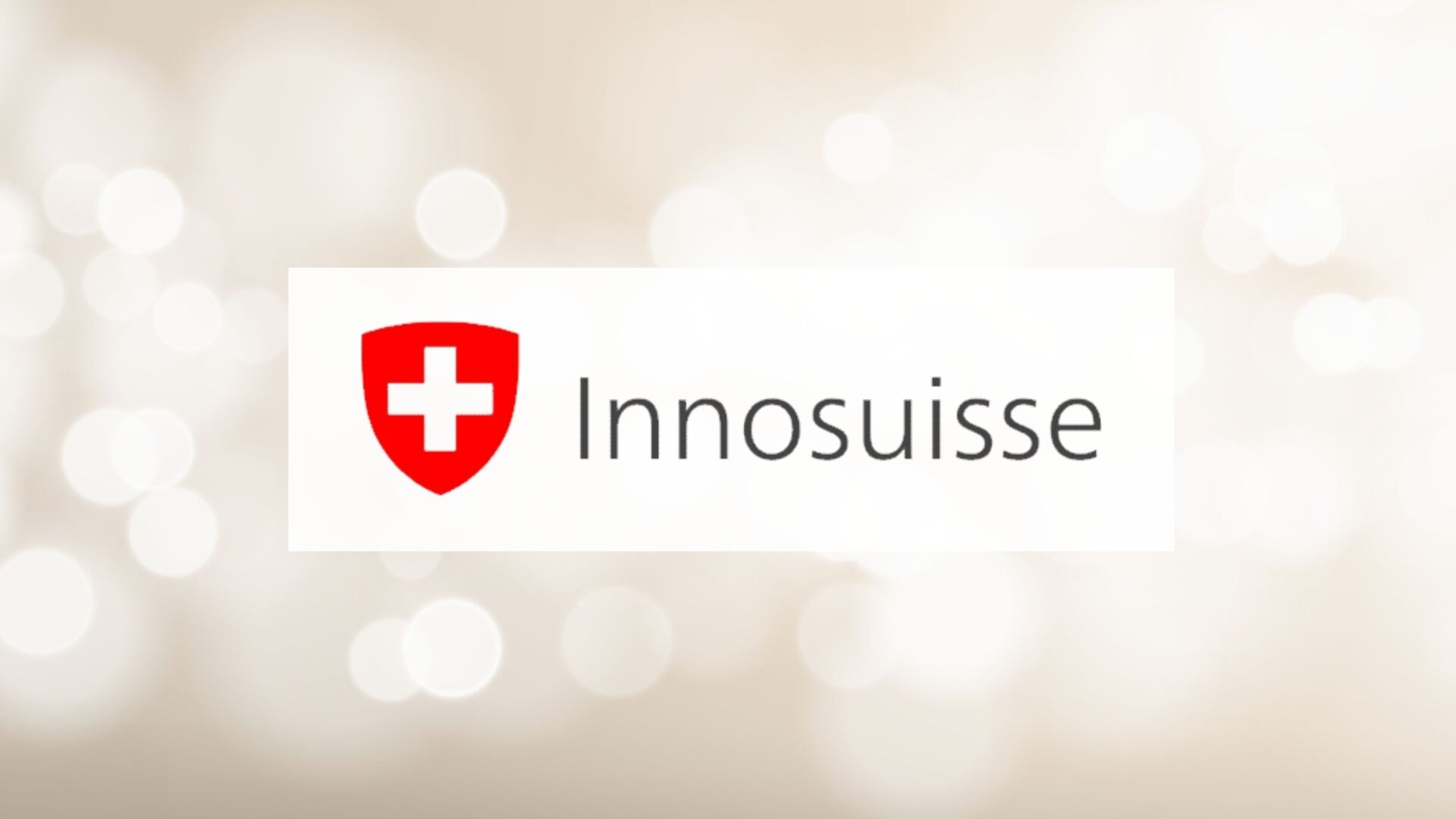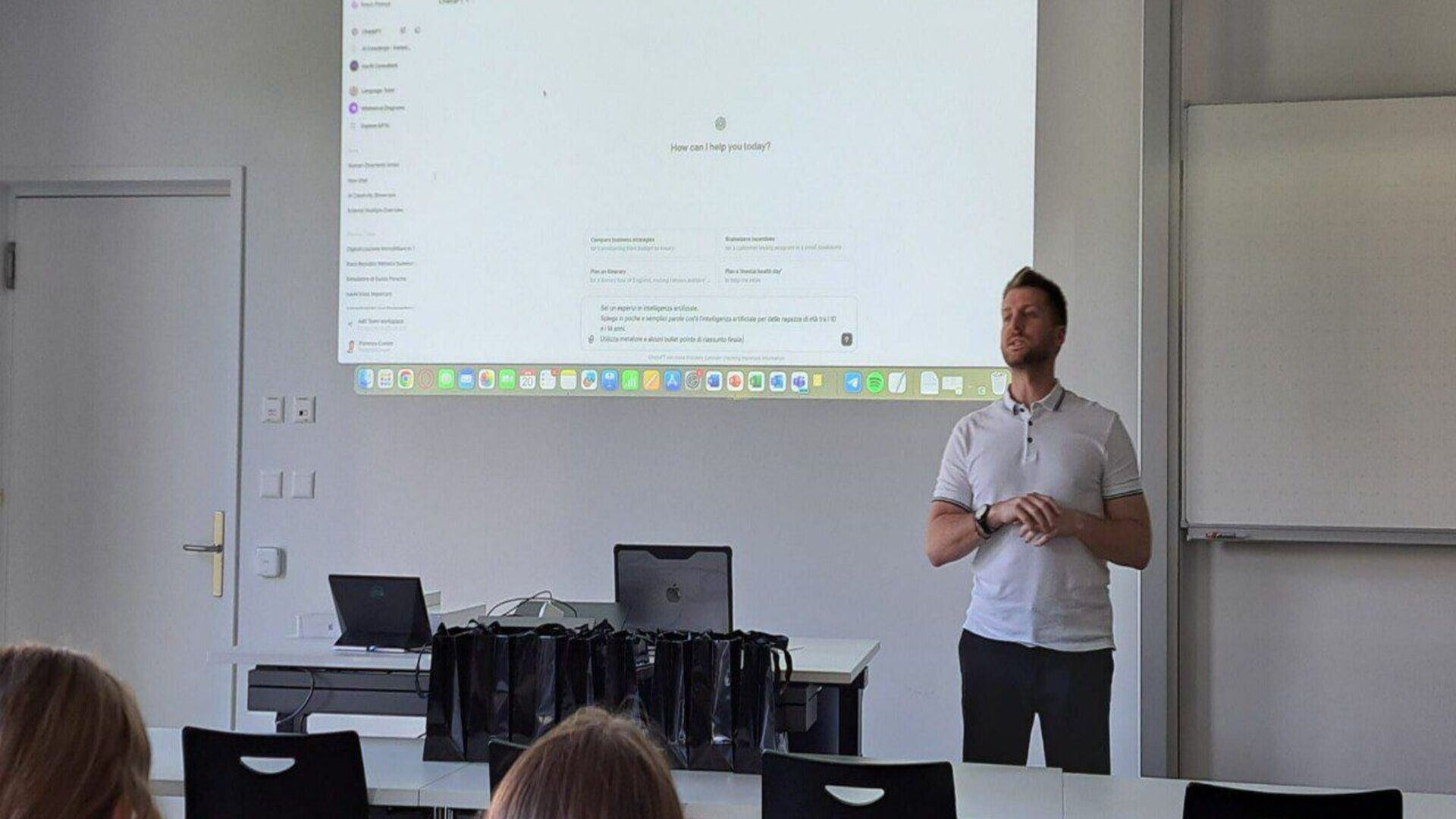Facebook page: do you need an editorial plan that rocks?
Facebook page: do you need an editorial plan that rocks?
Facebook is the only way to survive in the jungle of online competition
Facebook. Everyone has it and those who don't have it are willing to pay good money to create a page. Everyone is involved: there is even grandmother Abelarda, dear old lady, who occasionally publishes embarrassing statuses for her grandchildren and replies "Good morning to you too" to sponsored posts. So why shouldn't a reputable CEO, who has just finished his digitization course and is very confused about the future of the internet, get it into his head that Facebook is the only way to survive in the jungle of online competition?
Facebook is a fabulous opportunity: we think that every month, at least 2.2 billion users are activated on the platform who write, share, become indignant and scroll aimlessly in a feed to which, with a little effort, we too could give our contribution. And the point is this: do we want Facebook? Yup. Do we really need it? If the answer is still yes, then we need to start planning.
- What is the purpose of our company Facebook page?
- What do we want to communicate with the posts? Being there is no longer enough. Saying “we have Facebook” is no longer enough. We have to spread our message.
It's a bit the same story as the blog: what's the point of having a beautiful one if you don't post anything in it or your publications don't follow the sacred scriptures of a serious editorial plan, done by a communication expert?
The Facebook page, like all social pages, generates value only when you decide to treat it as an equal extension of your business. This is why, after the creation of the Facebook page, it is essential to contact a communication expert who can develop an editorial plan. This plan can run hand in hand with the contents of the site, but should still be able to remain independent and disconnected from it, so that the average user can consult Facebook obtaining all the necessary information, in complete comfort.
What is a Facebook page editorial plan?
Il editorial plan (PED) is a document that collects all the topics that will be touched upon in blog posts or, in this case, on Facebook. These themes, which are selected on the basis of careful research, make it possible to understand which messages to convey and how to set up the contents after a careful analysis of the objectives to be achieved and the target on which we have to impress.
In the same document it is then necessary to report an accurate editorial calendar that allows you to have the right post, well studied, to be published at the perfect time to obtain the best results.
But what are these results? We are talking not only about increasing fans, but also about increasing post likes and conversions. For each editorial plan, its specific objective.
How to schedule posts on Facebook?
Social media marketing plays a very important role in a successful communication plan and, therefore, should never be underestimated. This means that either the company has the opportunity to invest in a well thought-out editorial plan, or the results will not arrive and each investment will be difficult to recover.
To schedule posts on Facebook, it is first important to consider the four steps of the digital strategy:
- Know your brand
- Aims
- Competition
- Target
If you know your brand and what it can and must communicate, you will certainly know what goals you intend to achieve in a given period. At this point you have to carry out a study of the competition and understand who you want to communicate to, and above all how. Easy, huh? No not at all.
What are the goals of your company Facebook page?
An editorial plan lays its foundations on main objectives of the publication. In other words, as we have already mentioned above: what is the company's Facebook page for? Why did you create it? There could be various reasons…
- Increase traffic to the website;
- Improve brand awareness;
- Conversions
- Affiliate marketing
The answer "all the objectives mentioned" is certainly very ambitious, but tends to become rather dispersive and confuse the ideas of the social media manager and also of the public, who will find themselves reading posts with very different objectives and never get the message below. Focus on a few goals that, over time (and a good job), will eventually translate into truly extraordinary results.
The competition of your business Facebook page
You will hardly be the only one in the world selling that particular product or service, however exclusive your service. That's why a good analyst has to worry about performing thorough research on competitors:
- Who they are: names and websites;
- How they communicate: what kind of posts do they spread?
- The results of their communication: how many likes do they get? (for example)
- What are the keywords they focus on?
An excellent tool for all these procedures is called Likeakyzer, a tool that allows you to extrapolate information from each web page. Anyone who has appreciated this, will still find can benefit from the purchase of Social Insiders, an even more specialized tool for these “dirty jobs”.
Who is the page targeting?
In other words: who do you want to communicate to? Who are the people you will find yourself interacting with on Facebook? It is clear that a company that sells potato chips will find itself dealing with mothers and young children, while one that deals with cosmetics will have a purely female target.
The most effective editorial plan knows who it is talking to and addresses them in their language, with a tone of voice that is also that of the company, but which is very much reflected in that of the users, who can feel represented by the brand. You can obtain information on your target from the Facebook Insights of the created page: here, in fact, you will obtain demographic information on who follows you. At this point you just have to create personas, or ideal representations of your potential followers.
Editorial plan scheduling: what to publish on Facebook?
The key to opening the magical world of Facebook to your business is understanding the page doesn't necessarily have to talk only about itself, but may contain a series of transversal and different contents, including images, photos, videos, links, gifs, surveys. As always, there can be no successful editorial plan without curated and engaging content. “Content is King”, once again, and there is no other way to conceive a post capable of enriching and adding value to your feed.
You may also be interested in:
Innosuisse has achieved its 2023 innovation goals in Switzerland
A record amount of over 490 million francs has been allocated to compensate for the lack of association with the EU's well-known Horizon Europe program
by Editorial staff Innovando.NewsEditorial staff of Innovando.News
“I'm selling, but I'm staying”: the new trend of the small entrepreneur
The story of Francesco Schittini and Emotec's entry into the MCP fund is exemplary of frequent changes of ownership without organizational shocks
by Alberto NicoliniEditor of districtbiomedicale.it, BioMed News and Radio Pico
AI Tools for Businesses, the course dedicated to artificial intelligence
The Swiss start-up navAI developed it with the aim of providing all the tools necessary to implement the new technology in its sector
There was a backdoor to infect them all, but one genius saved the web
Here's how the expertise of a developer, and a little... providence, just prevented the sabotage of Linux and the entire Internet




